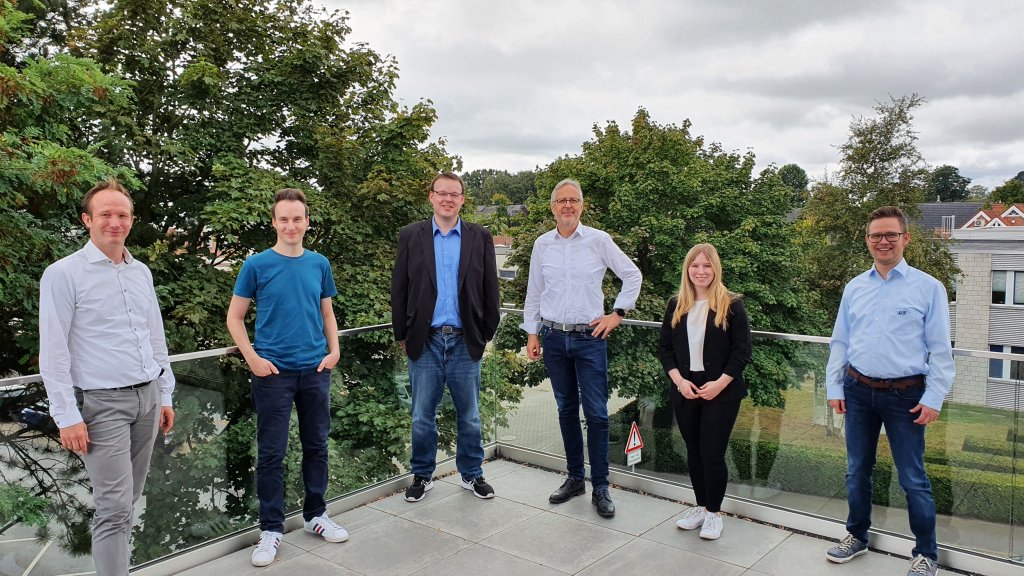Céline Middendorf and Stefan Arnold are happy about their graduation
A little more than a year after receiving the award from the Chamber of Industry and Commerce (IHK Germany) for their very good final exams as IT specialists, things are continuing to go well for the two dual students: In mid-September, Céline and Stefan passed their colloquium with flying colours and can now officially call themselves Bachelor of Science in Computer Science.
The start at LIS AG
The two began their training in summer 2017. The first year consisted of classic vocational training here in the company. In autumn 2018, she began her studies at the University of Applied Sciences in Münster. During the lecture-free period, the two dual students worked on software development projects.
What comes now?
After graduating with a Bachelor’s degree, Céline and Stefan will continue to work in the company with a reduced number of hours, while at the same time attending the FH Master’s degree programme part-time, probably until 2024.
The perfect combination of theory and practice
Since 2012, we have been offering one to two young people a year the opportunity to take part in a dual study programme in the field of computer science and IT specialist for application development. This means that we always supervise eight to ten dual students in the company at the same time. Together with Münster University of Applied Sciences, we teach them everything they need to know for their professional future within four years with an exciting combination of vocational training and studies, of practice and theory. As early as possible, we entrust our young talents with live projects that they can grow with. Our “dualis” are always supported in word and deed by around 20 experienced developers and many other colleagues who provide the necessary fun alongside all the seriousness of life.
We currently employ four dual students in the Bachelor’s programme and four in the Master’s programme.

